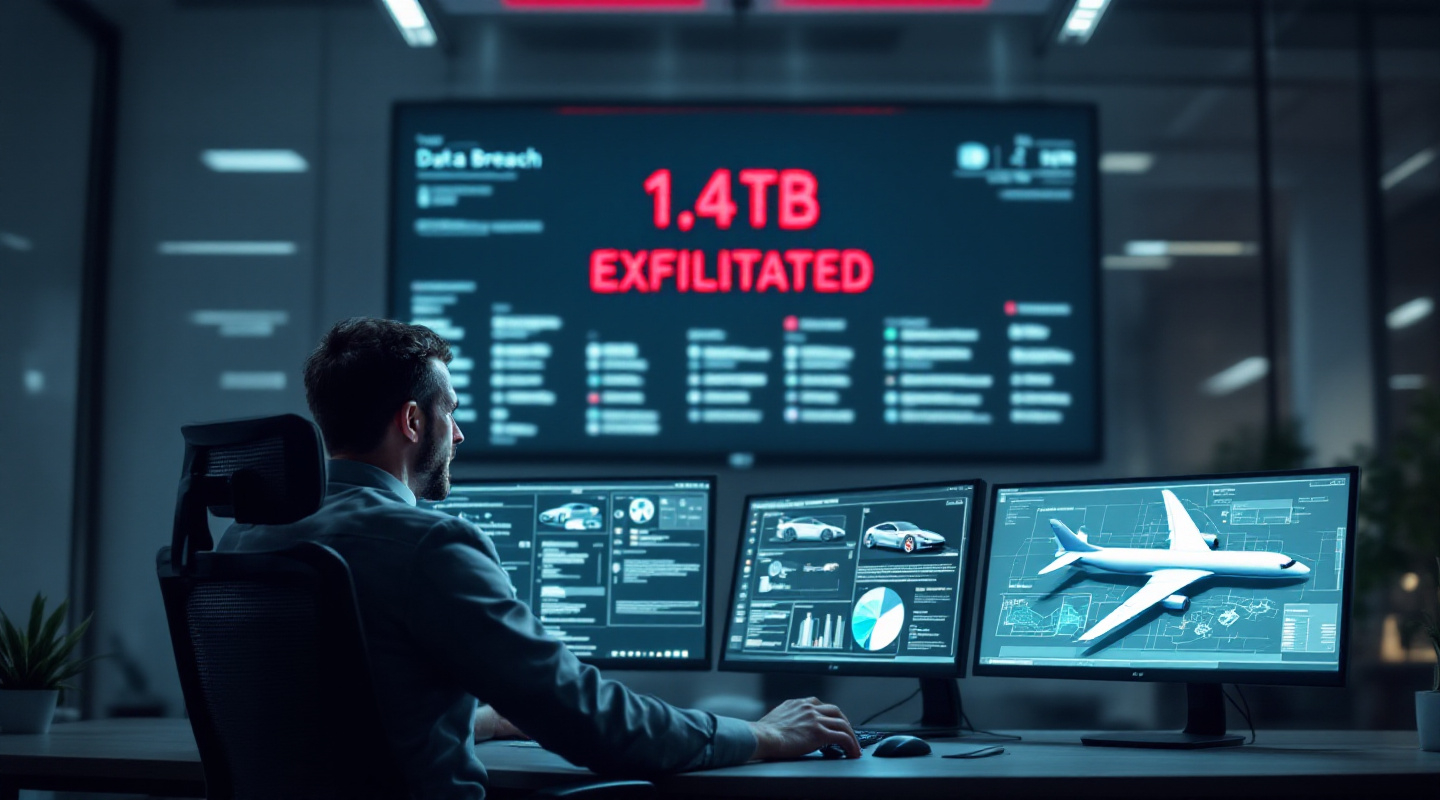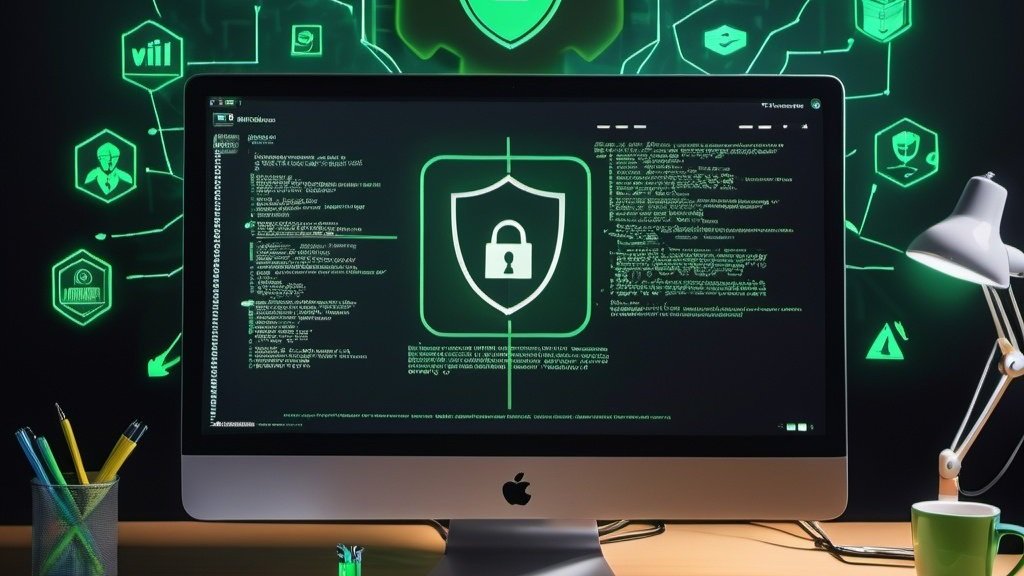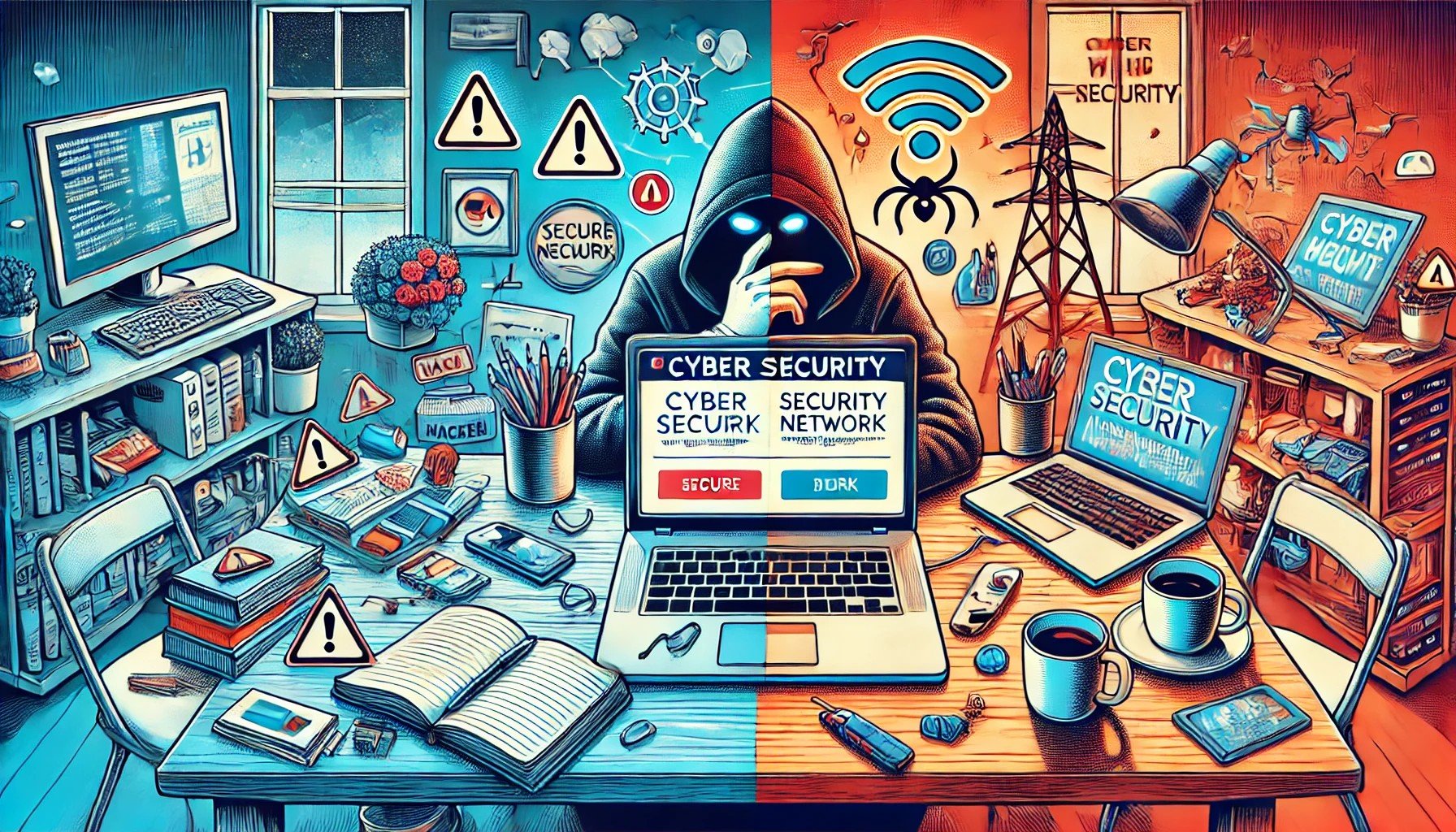
The Small Business
Cyber Security Guy
Welcome to my personal blog — a space where I share my own views, opinions, and insights on technology, cyber security, and the realities of working in IT.
This blog is entirely personal. The thoughts and opinions expressed here are mine alone. They do not represent the views, policies, or positions of my employer, past or present, or any organisation I’m associated with professionally or personally.
Expect a mix of:
Straight-talking advice for small businesses
Honest takes on cyber security and IT trends
The occasional rant
A few war stories from the frontlines (names removed to protect the guilty)
With over 40 years in the industry, I’ve seen a lot — some of it brilliant, some of it baffling.
This blog is where I unpack all of it.

Teams & Quick Assist: Microsoft’s New Gift to Cybercriminals Everywhere
In one of the most embarrassing cyber trends of 2025, hackers are using Microsoft Teams to impersonate IT support, then tricking employees into launching Windows Quick Assist, effectively handing remote control of their computers to criminals. Once inside, attackers install malware, steal credentials, and deploy persistent backdoors — all thanks to tools Microsoft built and businesses blindly trust. If your staff still believe every Teams message with ‘IT’ in the name is legitimate, congratulations — you’re already a statistic. Learn how this absurdly preventable scam works and what you need to do right fucking now to avoid becoming the next case study in cybersecurity failure.

Protecting Personal Data in the Era of IoT: Best Practices for Businesses and Consumers
From smart fridges to connected doorbells, IoT devices collect mountains of personal data; and they’re prime targets for hackers. This guide explores how businesses and consumers can secure their devices, protect sensitive data, and avoid turning their smart home into a cyber criminal’s playground.

Snail Mail Ransomware – When Hackers Go Full 1950s and Post You a Demand Letter
Hackers are sending ransom demands via the post, pretending to be BianLian and demanding Bitcoin. Find out why this bizarre scam works, how to respond, and what every UK business must know.

Top Cyber Security Certifications in 2025: Boost Your Career and Your Sanity
In the chaotic world of cyber security certifications, 2025 offers more choices than ever; but not all of them are worth your time (or sanity). From the gold-standard CISSP to the controversial CompTIA Security+, this guide cuts through the marketing fluff to reveal which certifications actually boost your career and which ones just boost someone’s profit margins. Whether you’re aiming to become a penetration tester, security manager, or cloud security expert, this brutally honest review will help you pick wisely — and avoid the snake oil.

Tata Technologies Ransomware Attack: 1.4TB of Data Gone Walkabout
Tata Technologies hit by ransomware attack, exposing 1.4TB of sensitive client data linked to Airbus, Ford, Jaguar and Honda. Learn what happened and how supply chain security failures put everyone at risk.

Over 4,000 ISP Networks Hacked Because People Still Use ‘admin123’ as a Password — WTF?
More than 4,000 ISP networks got hacked because they left their admin passwords set to 'password123' — and shockingly, that didn’t work out well. Cybercriminals brute-forced their way into routers, servers, and management systems, planting infostealers, cryptominers, and enough malware to make an antivirus cry. This wasn’t some elite state-sponsored operation; it was basic-level script kiddie shit that worked because ISPs still treat security like a hobby. Find out how it happened, why your broadband might be slower than a fax machine, and how these companies left the front door wide open for hackers.

The Impact of 5G on Cyber Security: What Small Businesses Need to Know
5G promises faster speeds and endless connectivity, but for small businesses, it’s also a cyber security minefield. More connected devices means more targets for hackers, and 5G’s speed amplifies every attack. This article explores how 5G is rewriting the cyber risk playbook — and what small businesses need to do to avoid becoming easy prey.

YouTube Phishing Scam – Deepfake CEO Videos Hijacking Creators’ Accounts
Hackers are using deepfake videos of YouTube’s CEO to phish creators into handing over their accounts. In this absurd cybercrime twist, scammers send fake YouTube monetization emails featuring a realistic AI-generated video of Neal Mohan, urging creators to “confirm policy updates” via a phishing link disguised as YouTube Studio. The result? Stolen credentials, hijacked channels, and another WTF moment in cybersecurity. This scam is shockingly effective because it uses YouTube’s own private video sharing to appear legitimate. Find out how the scam works, how YouTube is responding, and what every creator (and business) must do to avoid getting scammed by a CEO who doesn’t even know he’s in the video.

Google’s Latest Android Fuck-Up: How Your Lock Screen Became an Optional Suggestion
How did Serbian police and Cellebrite turn Android phones into unlocked treasure chests? Google’s latest vulnerabilities handed over the keys, and now over a billion devices are exposed. Read why your lock screen is about as secure as a garden gate — and why forensic tools are the new hacker goldmine.

Cyber Essentials Is Changing in April 2025 — Here’s What You Need to Know (Before It Bites You)
Big changes are coming to Cyber Essentials from April 2025, and they are not just cosmetic. From embracing passwordless logins to treating remote workers' devices like company kit, the new rules mean businesses need to sharpen up their security game — fast. Whether you are managing firewalls, updating browser extensions, or figuring out how to patch a vulnerability with no patch, this update raises the bar. Ignore it at your peril.

Quantum Computing and the Future of Cyber Attacks: Preparing for the Next Digital Apocalypse
Quantum computing is coming — and when it does, today’s encryption won’t stand a chance. This article breaks down how quantum computers will change cyber security forever, why small businesses should care, and what steps you can take now to prepare for the next digital arms race.

Implementing Zero Trust Security: A Step-by-Step Guide for Small Businesses
Trust no one — not even your own staff. That’s the heart of Zero Trust security, the modern approach that treats every device, user, and login as suspicious until proven safe. This guide walks small businesses through the why, what, and how of Zero Trust, helping you lock down your network before cyber criminals stroll right in.

The US Just Bent Over for Putin — And They’ve Left Every UK SMB Holding Its Own Arse in the Wind
In a move that defies logic, common sense, and basic self-preservation, the US just ordered its cyber defenders to stop investigating Russian attacks. Why should UK businesses care? Because when the world's cyber watchdog leaves the door wide open, every UK SMB becomes an easier target. This isn’t politics — this is your business continuity on the line.

Cyber Security in the Age of Remote Work: How to Survive Working from Your Sofa
Remote work is great for flexibility — but terrible for cyber security. With staff logging in from cafes, spare bedrooms, and dodgy home Wi-Fi, businesses need a whole new security playbook. This guide explains why remote work is a hacker’s dream and how small businesses can fight back.

Gmail Scams 2025: Nutty Cyber Squirrel Survival Guide
Gmail users face a fresh wave of scams in 2025. Cybercriminals now use artificial intelligence, Google Calendar invites, and fake shared Docs to trick you. Learn how to spot the latest tricks and protect your inbox in this tongue-in-cheek survival guide.

Data Theft: Why Hackers Don’t Bother Locking Your Files Anymore – They Just Steal Them
Ransomware attacks have changed — and the price for protecting your stolen data now averages £475,000. Hackers are skipping the hassle of file encryption and instead stealing data directly, then demanding payment to keep it private. This shift makes it even clearer that prevention, through schemes like Cyber Essentials, is far cheaper than paying criminals after the fact. In this article, we explore why data theft is the new normal, why small businesses are at risk, and what every company should be doing to stay out of the hackers’ crosshairs.

Apple vs. The UK Government: A Petty Breakup Over Encryption
The UK government and Apple are in a messy breakup, and—spoiler alert—it’s not mutual. Apple has yanked Advanced Data Protection (ADP) from the UK faster than a politician dodging accountability, all because the government wants a sneaky backdoor into everyone’s iCloud. Apple’s response? “Yeah, no.”
The Investigatory Powers Act (IPA) 2016—affectionately nicknamed the Snooper’s Charter—gives the UK authorities the power to demand weaker encryption, which, as every cybersecurity expert knows, is about as smart as setting your password to “password123.” Apple, not one to be bullied, packed up and left, meaning UK users are now stuck with less protection and more vulnerability.
So, who wins? Not the everyday user, who now gets to live in constant fear that their private data is an all-you-can-eat buffet for cybercriminals. But hey, at least the UK government can pat itself on the back for really sticking it to privacy. Welcome to 2025—where security is optional, surveillance is mandatory, and Apple just swiped left on Britain.
⚠️ Full Disclaimer
This is my personal blog. The views, opinions, and content shared here are mine and mine alone. They do not reflect or represent the views, beliefs, or policies of:
My employer
Any current or past clients, suppliers, or partners
Any other organisation I’m affiliated with in any capacity
Nothing here should be taken as formal advice — legal, technical, financial, or otherwise. If you’re making decisions for your business, always seek professional advice tailored to your situation.
Where I mention products, services, or companies, that’s based purely on my own experience and opinions — I’m not being paid to promote anything. If that ever changes, I’ll make it clear.
In short: This is my personal space to share my personal views. No one else is responsible for what’s written here — so if you have a problem with something, take it up with me, not my employer.
